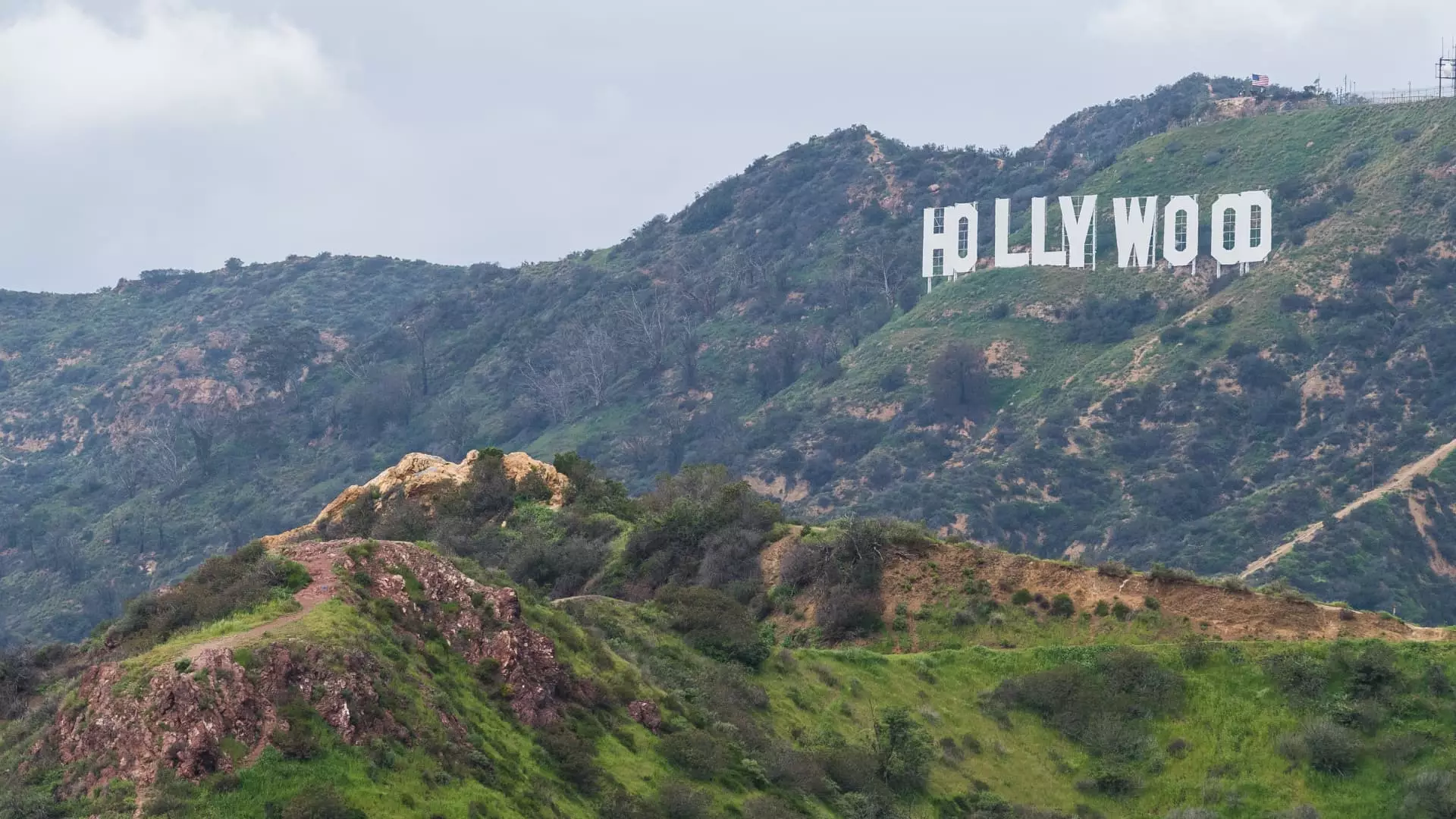With a startling proposal echoing across the entertainment industry, President Donald Trump’s recent suggestion to impose a 100% tariff on movies produced overseas has sent ripples of fear through Hollywood studios and streaming giants alike. The immediate aftermath saw stocks plummet, with shares of major players like Netflix and Disney taking major hits. Investors, often perceived as the backbone of this glitz-laden world, were left grappling with uncertainty. But beyond the fluctuating stock prices lies a reality that could fundamentally reshape the way Hollywood operates.
A Misguided Definition of National Security
Trump’s assertion that tax incentives from foreign nations pose a “national security threat” raises the question of whether his administration truly understands the global nature of the film industry. The backbone of Hollywood has always included international collaborations, which not only enhance the storytelling process but also allow for the exploration of diverse cultures—elements that enrich American cinema. It seems almost naive to assume that taxing foreign productions will boost domestic filmmaking while disregarding the creatively enabling environments abroad that contribute to the industry’s fabric.
The Digital Dilemma
When Trump first introduced a 25% tariff on Canadian imports, industry experts downplayed the potential fallout, highlighting the digital landscape that characterizes modern filmmaking. In an age where films can be created, edited, and distributed largely online, the notion of imposing physical tariffs on intangible goods appears antiquated at best. The definition of “goods” in this context is rapidly changing. What’s at stake here is not merely the economic impact of such tariffs, but also the implications it has for production practices that have increasingly leaned towards global collaboration.
Potential Retaliation from the Global Community
With an eye on Hollywood’s growing reliance on international box office revenues, the proposed tariffs could trigger a dangerous cycle of retaliation. Countries that have long appreciated American films might choose to close their doors, eliminating opportunities for Hollywood to recover production costs. The narrative becomes a double-edged sword. The fear is that Trump’s tariffs will inspire other nations to enact similar measures against U.S. films, stifling a delicate ecosystem that thrives on cultural exchange and collaboration. The risk is high; the implications reach far beyond stock prices to threaten the very heart of the industry.
In Search of Clarity
Unanswered questions loom large: What portions of the production would be affected, and how would this apply retroactively to films already made? Would we see productions ground to a halt, perplexed by logistical challenges caused by duties on film content and intellectual property? Hollywood has proven itself resilient, and creativity often finds a way; however, this latest move by the Trump administration appears steeped more in protectionism than in the interests of fostering an inclusive, vibrant art form.
In the grand scheme, Hollywood’s enduring legacy as a bastion of innovation hangs in the balance. The stakes are undeniably high, and as the industry watches developments unfold, the community must rally for clarity and fairness.


Leave a Reply